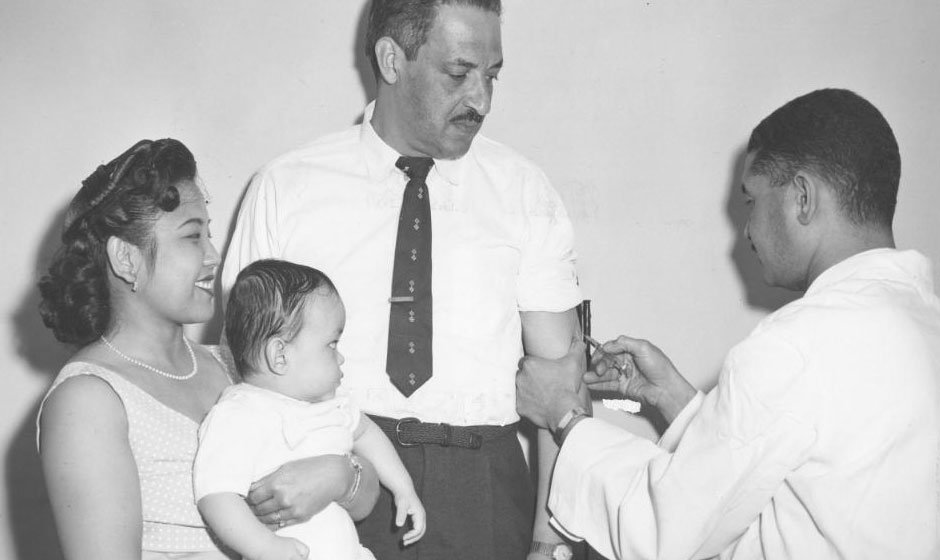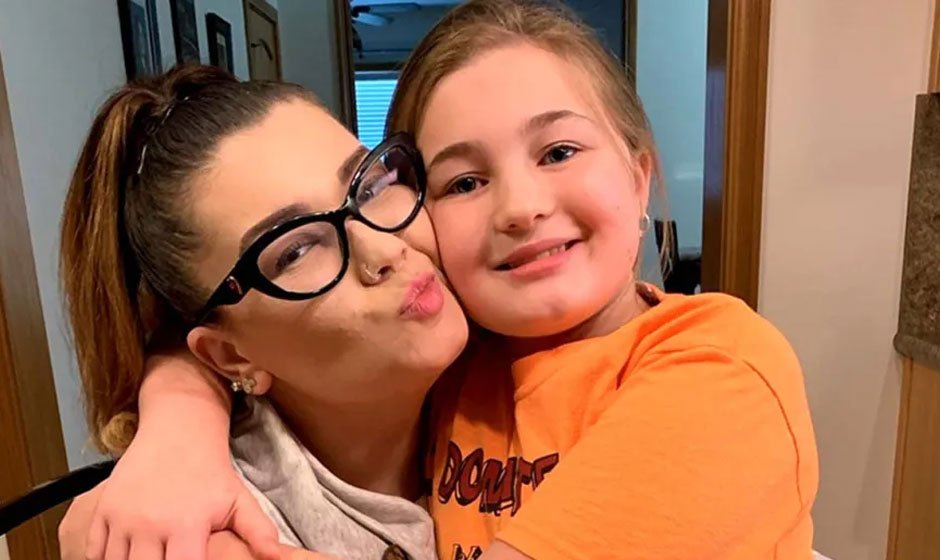Born on April 28, 1908, in New York City, Vivian Burey Marshall was a remarkable American civil rights activist who played a vital role in advancing the cause of justice and equality during a pivotal period in American history. Her life, legacy, and tireless dedication to the pursuit of civil rights continue to inspire generations today.
Birth and Family Background
Vivian Burey was born into a family that valued education and social justice. Her parents instilled in her the importance of equality and the need to fight against racial discrimination. This upbringing laid the foundation for her future activism.
Meeting Thurgood Marshall
Vivian Burey’s life took a momentous turn when she met Thurgood Marshall, a brilliant young lawyer who would later become the first African American justice of the United States Supreme Court. Their shared passion for civil rights and their dedication to challenging racial segregation in America forged a powerful partnership.
The couple’s marriage in 1929 marked the beginning of a lifelong commitment to fighting for justice and equality. Vivian’s unwavering support for her husband’s legal career played a crucial role in his success as a civil rights attorney.
Notable Works and Contributions
Vivian Burey Marshall’s contributions to the civil rights movement were profound, even though her efforts were often behind the scenes. She was a devoted wife and mother, but her commitment to the cause was unwavering.
One of her most significant contributions was providing vital support to Thurgood Marshall during his landmark case, Brown v. Board of Education. This case resulted in the U.S. Supreme Court’s historic decision in 1954, which declared racial segregation in public schools unconstitutional. Vivian’s dedication to her husband’s work, including her role in helping to organize legal research and resources, played a pivotal role in this historic achievement.
Lifestyle and Advocacy
Vivian Burey Marshall’s lifestyle was characterized by her dedication to justice, civil rights, and family. Her advocacy extended beyond her role as a supportive wife and mother. She was actively involved in civil rights organizations and often participated in efforts to combat racial discrimination and segregation.
Despite the challenges and dangers associated with their advocacy during the civil rights era, Vivian and Thurgood Marshall remained resolute in their commitment to justice. Vivian’s strength and determination in the face of adversity served as an inspiration to those around her.
Legacy and Impact
Vivian Burey Marshall’s legacy extends far beyond her lifetime. Her contributions to the civil rights movement and her unwavering support for her husband’s legal work have left an indelible mark on American history. The landmark cases that Thurgood Marshall argued and won, such as Brown v. Board of Education, have had a lasting impact on civil rights in the United States.
Vivian’s legacy also includes her role as a loving mother and partner. She raised two sons, Thurgood Jr. and John, imparting to them the values of justice, equality, and the importance of standing up for what is right. Both of her sons went on to make significant contributions to society in their own right.
Death and Cause of Death
Vivian Burey Marshall passed away on February 11, 1955, at the age of 46. Her death was a tragic loss to her family and the civil rights community. She died of lung cancer, a disease that claimed her life far too soon.
Conclusion
Vivian Burey Marshall’s life serves as a testament to the power of dedication, love, and unwavering commitment to the pursuit of justice and equality. Her partnership with Thurgood Marshall was not only a love story but also a partnership in the fight for civil rights. Her support behind the scenes, her activism, and her legacy continue to inspire those who believe in the fundamental principles of justice and equal rights for all.






